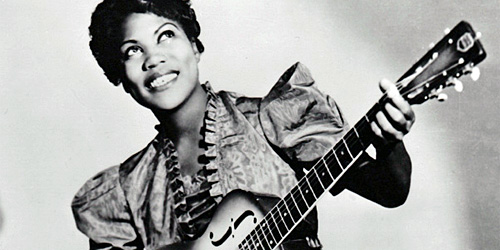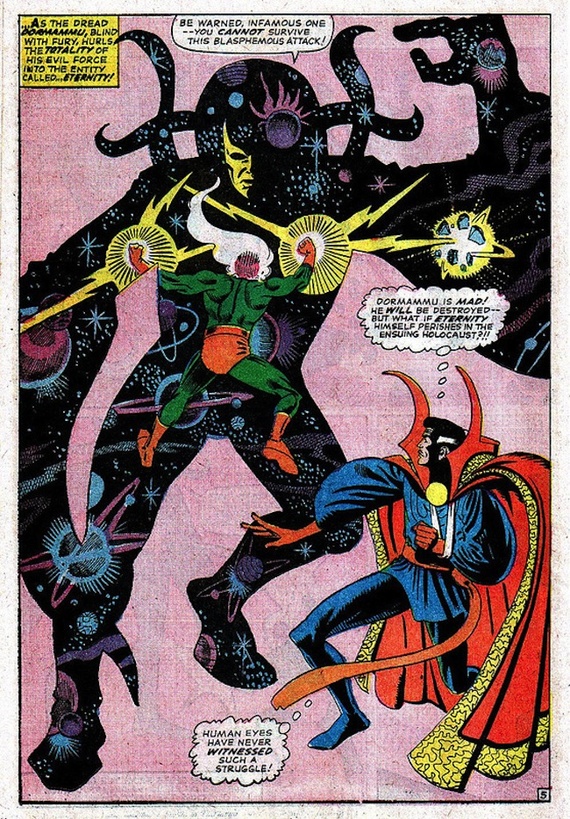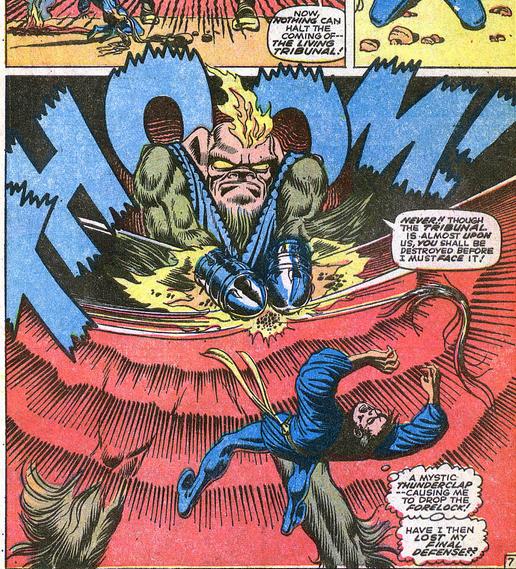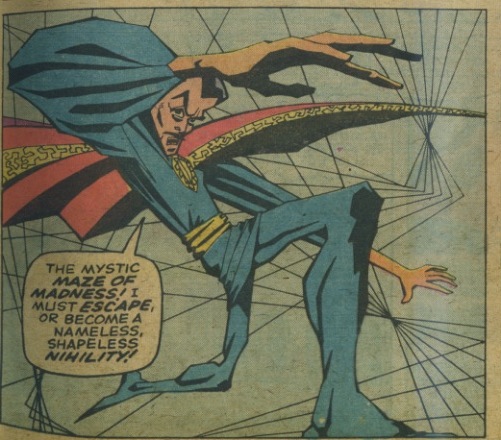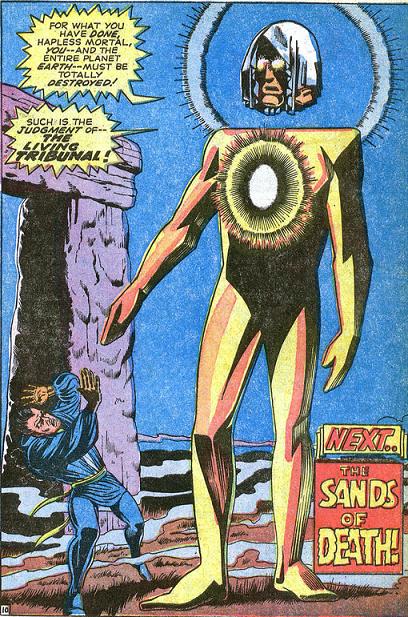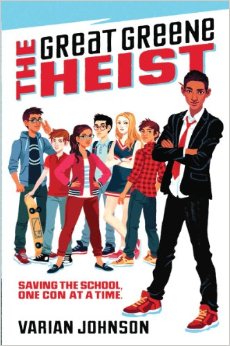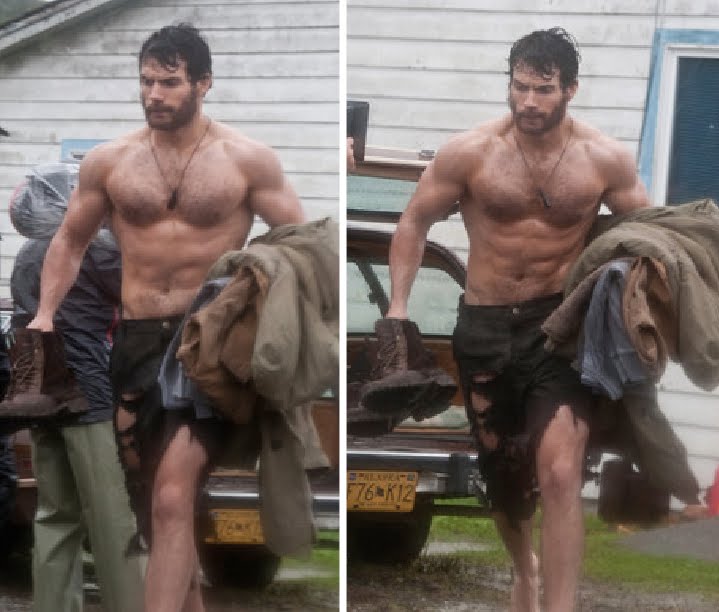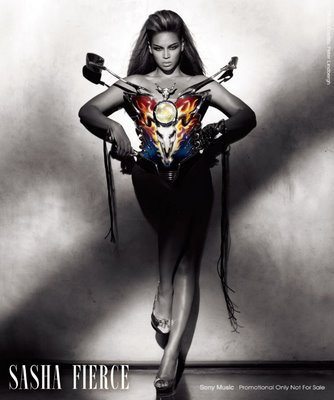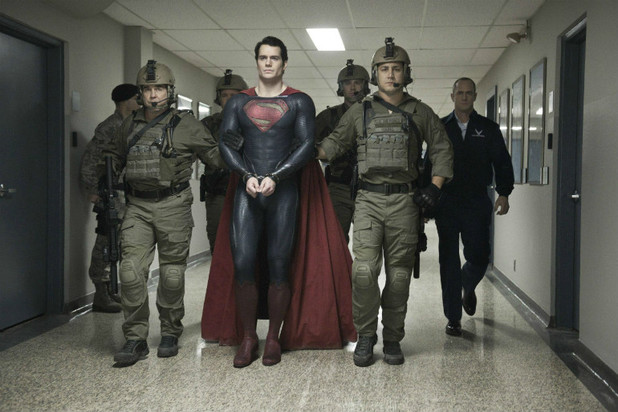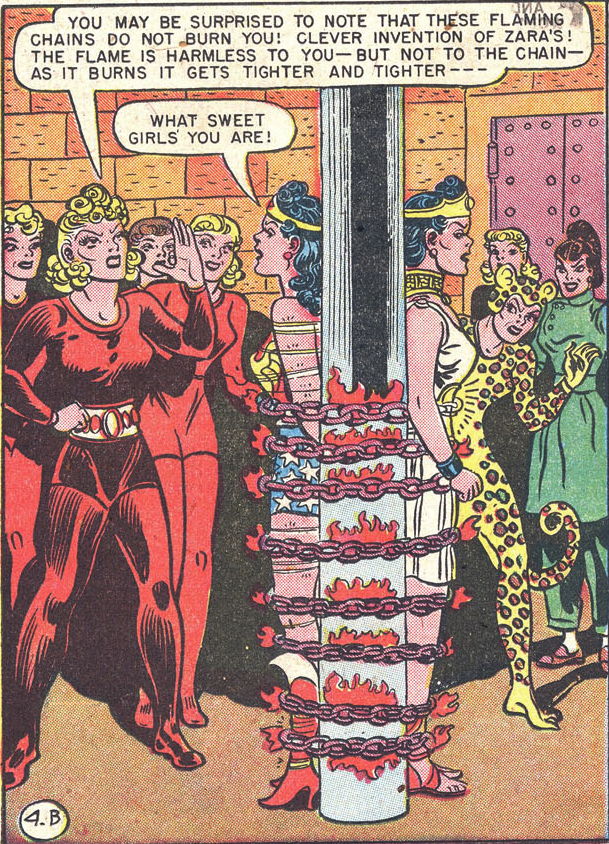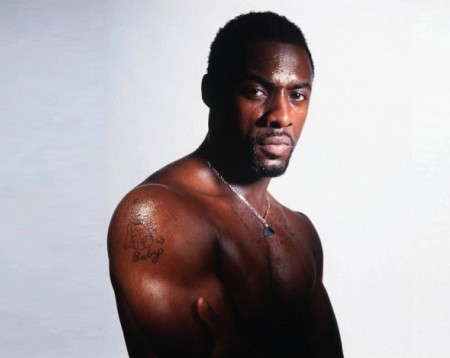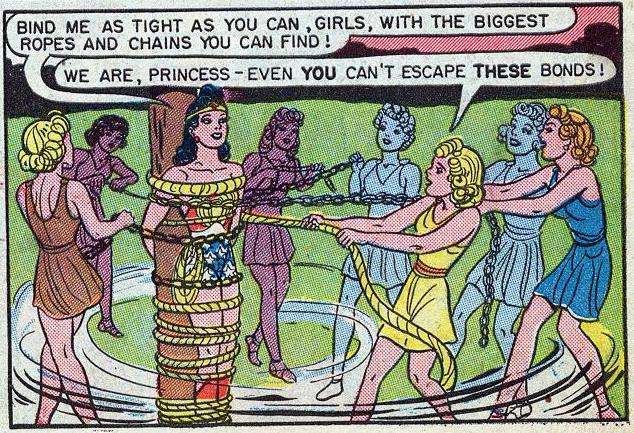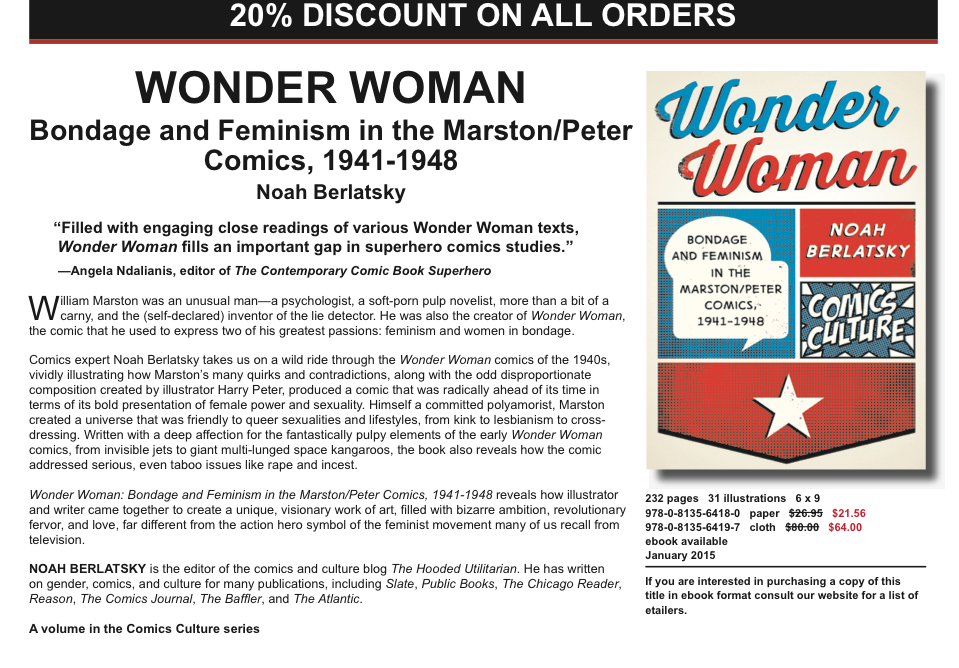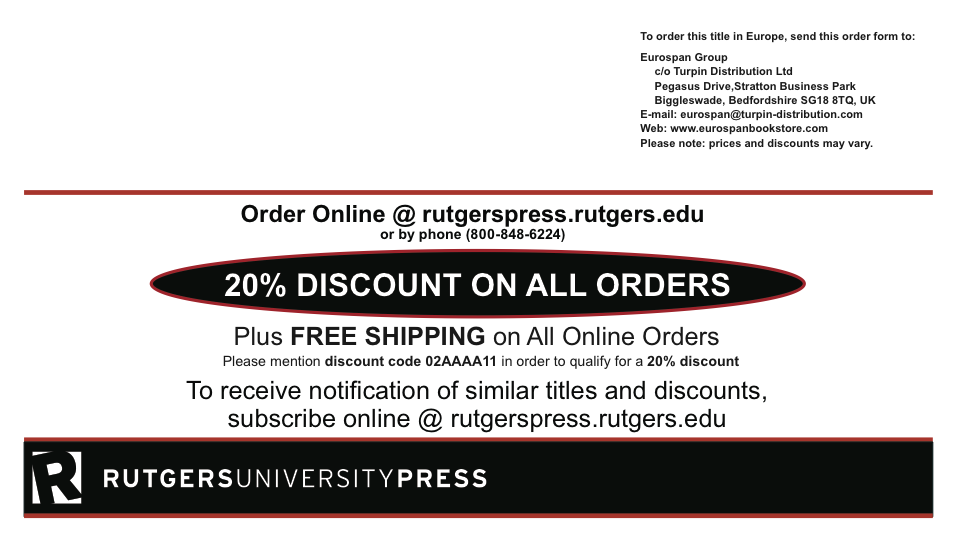Much of the discussion around the recent murders at Santa Barbara has centered around the fact that the killer, Elliot Rodger, was a virgin, and wrote a manifesto in which he linked his rage and violence to the fact that he had not had sex. Some media outlets have labeled him as the “virgin killer”, and others have talked about how virginity weighs on men.
As somebody who was a virgin into my late 20s, I agree that virginity can be painful for men. But I think it’s important to realize that it doesn’t just weigh on men. The idea that men, in particular, are diminished when they are virgins, or that men, in particular, are sad and lonely in their teen years, risks falling into Rodger’s warped view of the world, in which women are only important, or only thought of, in relation to male desires — as sexual objects who satisfy men or make men miserable, but don’t have any desires or problems themselves.
The truth is, there are many women, just like there are many men, who are virgins into their late teens and beyond. One of them was my friend, Megan (a pseudonym). She and I talked last week about virginity, gender, and miosygny.
Noah: So, I guess I thought I’d start by asking you why you don’t like the term “virgin”?
Megan: It’s just horribly binaristic. Women are this and men are that, women’s bodies do this and men’s bodies do that. What does “virgin” MEAN, anyway? One who has never had vaginal sex? That’s the common definition. But there are plenty of situations in which a person could be sexually active, sexually FULFILLED even, without vaginal sex being involved.
Basically, I feel like I “lost my virginity” 5 years before I started having vaginal sex.
At about 13-14 years old, I reacted to my first understanding of misogyny, and what it does, and how I didn’t do a fucking thing to deserve it, by thinking that I could slip the noose if I just distanced myself from femininity, as far as I possibly could. I think a lot of girls do that. Some women keep doing it their whole lives. I just tried as hard as I could not to be perceived as female. I remember something that happened when I was about 16–I made a comment about a guy, somebody I thought was cute, and a male friend of mine who was a couple years older was just horrified at the idea that I actually had a sexuality. So I guess I did a pretty good job going full tomboy. The end result was, I didn’t fuck anybody as a teenager, or in college. I went on a couple of dates. I let a guy see my tits once. He didn’t really like me that much.
Then, when I was 22, I went to get my first pap smear, and found out that I had a hymen that was basically made out of Teflon, and would have to be removed surgically, under general anesthesia, if I ever wanted to have vaginal sex.
So it was just as well I’d always been uncomfortable with my femininity and clueless about how to interest guys sexually.
I went ahead and had the surgery, when I was 22, but then–this sounds so stupid–it took me five whole years to actually figure out how vaginal sex worked. How to get it in, you know? I just had no experimentation period whatsoever before that point. I could never even wear a tampon.
So, the way I feel about it is, I stopped being a virgin when I was 22, pre-surgery, and had an orgasm for the first time with somebody else in the room. That’s basically my working definition of virginity. But if that’s the definition, then virgin birth is actually really common.
I mean, obviously we need words to explain our sexual history to each other. But I think “I have no sexual experience” or “I’ve done X but not Y” are perfectly good replacements for “I’m a virgin.”
Noah: Talking about how you feel that the term “virgin” doesn’t fit your experience reminds me of my own struggles with terminology around being a virgin. Specifically, through college, and into my 20s, I would wonder, somewhat idly, if I really counted as heterosexual, or if the term fit. I wasn’t having sex with anyone, it didn’t feel like I was every going to have sex with anyone, did I count as heterosexual? Obviously you look back and say, well that’s ridiculous, but I think it gets at the way that labels, and narratives about how identity works or what you should be can produce lots of anxieties in lots of different ways when you don’t fit into the mold the way you’re supposed to.
I was curious about that too, from your perspective. I’ve talked a bit in my pieces about this about how a lot of anxiety around being a virgin, for me, was less some sort of physical or emotional need per se and more about feeling like I just wasn’t doing things right, like I wasn’t being a man correctly. And I suspect that’s why it’s hard for guys to acknowledge often in these conversations that female virgins even exist. or that girls can’t have sex anytime they want, automatically. Failing to have sex in the right way seems like it’s so tied up with not being a man in the right way, so then, girls don’t have to be men, so how could they have a problem here?
I guess I’m curious what pressures you felt in terms of having sex. It seems sort of complicated, since you were saying that at least for a while you were actively trying to not be a girl by not being sexual, or by being a tomboy. Was there some point where that stopped and you felt like you weren’t performing femininity correctly? Or were you anxious or depressed about not having sex until your twenties?
Megan: Oh God, yeah, so anxious and depressed!
The whole thing about being a tomboy was that maybe it helped me avoid the gaze of some sexual predators in high school–I know they were there, they preyed on my friends–but I was still (mostly) heterosexual, and I wanted male attention, and femininity was all guys seemed to look at. I was invisible, for better or worse.
But I wasn’t completely invisible. There were a couple of guys who did look at me. They weren’t the guys I wanted. I think that’s the case with almost everybody, even the UCSB shooter–there’s probably someone in the world who’ll fuck you. You might not see them, for whatever reason. They might not be up to your standards. You might have completely unrealistic standards, like most misogynists do.
The unrealistic standards that the PUAHate crowd think women hold men to are nothing in comparison to the stringency of their own fantasy standards for women.
It occurs to me that the PUAHate crowd are projecting their own hatred of femininity onto women, by assuming that hypermasculinity is the only thing women desire. They have no idea what women want. How could they know? They can’t even hear us when we talk.
I never wanted an alpha male. I never wanted money or a nice car or great big biceps. I like smart guys who wear glasses and care about art and can make me laugh.
Noah: Ha! I don’t think that’s especially unusual.
I think for me at least it wasn’t just about the wrong standards. There was a woman or two maybe who was interested in me who I wasn’t interested in, but there were also a number of women who were interested, who I thought were attractive and would have been happy to date.
But I just couldn’t figure out the cues. Like, not with great frequency or anything, but a few times, a woman would ask me out, and we’d go out, and we’d have a good time…and that would be the end of it more or less because I was too shy to try to kiss them when I didn’t have any idea what I was doing. You sort of talk about this a little, but at some point the actual physical mechanics, and not knowing how they work, becomes this huge barrier. Which I think has a lot to do with the expectation (self-expectation as much as anything) that you’re supposed to know what you’re doing, and the fear that you don’t and will somehow make a fool of yourself if you give it a try and it doesn’t work.
So was there something of a double bind for you? You felt that if you were feminine, you’d end up getting stalked and treated as a sexual object only, but when you presented as a tomboy you became asexual and unwanted?
Megan: The double bind is a good phrase… I feel like that’s the essential state of being female within patriarchy, you’re always in a double bind.
Noah: Julia Serano in Excluded talks about double binds as the basic way that all prejudice works; you get marked as other, and then no matter what you do, you’re wrong because you’re marked. If you have sex you’re a slut, if you don’t have sex you’re broken or wrong.
I think for men it’s not really a double bind; more a measure against an impossible standard, where you always fail to one extent or another. Less about losing whatever you choose, and more anxiety about hierarchy.
Megan: I think women get a little more leeway in the “knowing what you’re doing” area… We’re allowed, culturally, to let men take the lead, sexually. But that was a moot point when I was invisible.
I don’t know if this is relevant to anything… The first experience I had with a guy who did look at me went pretty badly wrong. It didn’t amount to sexual assault, but he just kept touching me in ways I didn’t want. Even when I bluntly told him I didn’t want them. I wound up fending him off with a chair. He left me alone after that. This was when I was about 15.
He presented as a male feminist. Sometimes he wore skirts. He was Different From The Other Guys. Except not where it really mattered.
Noah: Christ. I think it’s really relevant to a discussion of virginity to think about the fact that for a not insignificant number of women especially, a first sexual experience is of some form of sexual assault. That can happen to guys too, but it seems much less frequent. I could be wrong, but my sense is that guys who are virgins can feel completely desexed and unsexual in a way that doesn’t tend to happen to women in the same way. But the flip side of that of course is that women are never quite desexualized in that way because they’re always objectified and seen as fair game for sexual violence.
I don’t know. Does that ring true to you?
Megan: I think there may be women who feel that way, desexed and unsexual, because they can’t get laid… But I may not be understanding you correctly.
I remember having a vague desire during my tomboy phase to have breast reduction surgery, not just because being a D-cup interfered with the way I presented, visually, or because of male reactions to my breasts, but because they didn’t feel appropriate to the state of my soul, in some way. I felt like I was meant to be an A-cup.
I also remember having a feeling that I was going to rot, curdle, go wrong inside, if I stayed a virgin. I wrote bad teenage poems about it.
Noah: The breast reduction surgery for the state of your soul kind of fits with what I was saying, maybe, though I probably went too far in talking about internal states — I’m sure as you say women can feel desexed too. I think it’s true though that femininity is seen as inherently sexual, so it makes sense that people’s reactions to being desexed, or feelings about being desexed, would be affected by their relationship to gender. Which sounds like what you’re talking about; feeling desexed and so wanting to be less stereotypically feminine physically as well.
Megan: Yeah, I guess you could look at that as an indication that the female body is always coded as sexual. Therefore, if I felt desexed, I needed to change my body. Did you ever feel a disconnect between the state of your body and the state of your sexuality?
Noah: That’s a good question. I think the answer is basically “no.” I wasn’t having any sex, and I felt like my body was awkward and hopeless and undesirable, so everything was as it should be, in that sense.
There was this one instance where there was a party (I never went to parties; this one was unavoidable for logistical reasons I won’t go into) and our very drunk female swim team assistant coach looked up at me and said, “you have really nice legs, Noah!” I was completely at a loss; being a sexual object was more or less utterly at variance with my self-image, so I just sort of ignored her. I don’t think she’d ever spoken a full sentence to me before, and I didn’t put myself in a position where she could later.
I’d imagine that that sort of drive by sexual objectification happens to women more frequently, and often in ways that are considerably less pleasant. Not that it was unpleasant; it was just odd, for me. Lord knows what I would have done if anyone ever actually tried to hit on me.
Megan: Oh man, yeah, I’m just thinking about that scene with the genders reversed. I think a lot of women would find a way to flee the scene as soon as possible if a male acquaintance they weren’t interested in suddenly complimented their legs while very drunk.
Noah: Right; she was older too; in her early 20s and I was a sophomore I think.
Megan: It might be useful contextual information for this whole thing that I grew up in a fairly liberated, feminist household. My father never made me feel less-than because I was a girl, not even once. I had a pretty crappy relationship with my mother but she was openly feminist and did manage to inculcate me with a lot of her values. When I was about 12 I even read through her copy of Our Bodies, Our Selves when she wasn’t around. I had plenty of information; I just never knew why the heck I couldn’t insert a tampon.
If nothing else, it illustrates that even openly feminist parents have a really hard time preventing internalized misogyny from developing in their daughters
Noah: In their sons too, I’d imagine.
I was wondering if you were at all affected by the idea of female virginity as valuable? There is some cultural weight there, and it seems like it could provide some sort of counterbalance to the feelings of worthlessness you talk about, but it doesn’t sound like it did?
Meagan: Re: female virginity and value: I never really felt that. I think, being raised feminist, I associated those ideas with the repressive olden days when my whole worth and function was as a vessel for some man’s heirs. It seemed pre-suffrage, pre-modern and I felt like I was beyond that. I definitely didn’t feel like there was any special allure or cachet in my being a virgin at 22.
Noah: What do you think about discussions of virginity related to the shooting?
Megan: I haven’t read very many. What I have read has been partly focused on male nerd culture. The thing about that culture is that a lot of people within it absolutely refuse to understand that there is such a thing as female nerd culture: “There are no girl gamers.” “Girls don’t read comic books.” They can’t imagine a woman who’s had experiences similar to theirs–rejection, persecution, humiliation. They can’t imagine empathizing with a woman. But every single one of my teen girl friends had a deep internalized sense of rejection, which they got from teen boys. Teen boys are vicious to the girls they don’t want.
That’s not exactly an answer to your question, sorry.
Noah: No; I think it’s an answer! You’re saying that virginity can be linked to male nerd culture in a way that excludes women, or that suggests that women can’t experience pain or sadness. So erasing female virginity becomes a way to erase women’s humanity.

